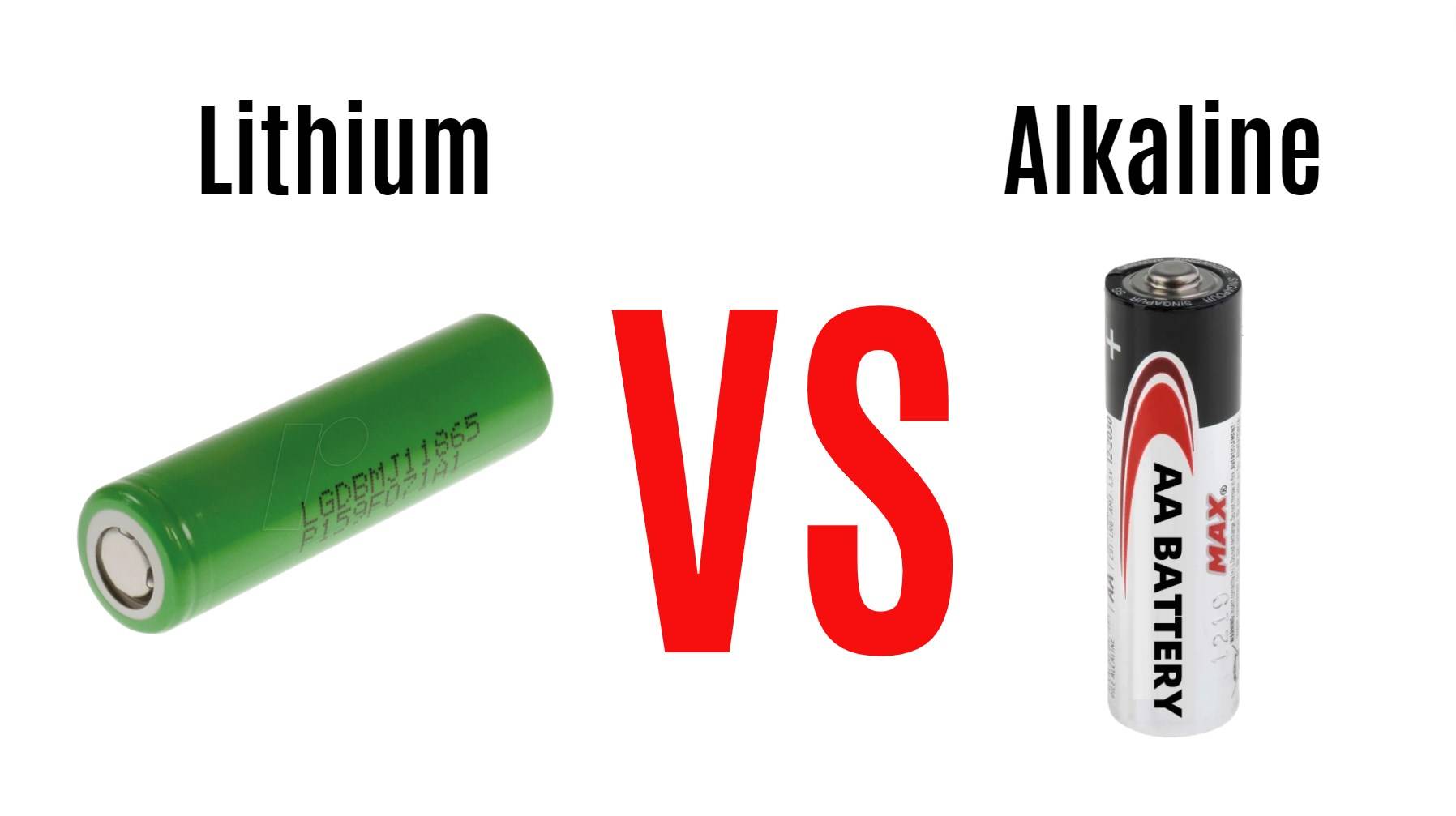When it comes to selecting the right battery for your needs, understanding the differences between lithium and alkaline batteries is crucial. Each type of battery has unique advantages and limitations, making it essential to choose the right one for optimal performance in your devices. In this comprehensive guide, we will delve into the key differences, performance factors, and best use cases for lithium and alkaline batteries.
Battery Chemistry and Composition
Lithium Batteries
Lithium batteries use lithium metal or lithium compounds as the anode material. They operate on a different chemical principle compared to other batteries. Lithium batteries are renowned for their high energy density and long lifespan. They perform well in a wide range of temperatures, from extremely low to high, and are lightweight due to their low mass.
Alkaline Batteries
Alkaline batteries, on the other hand, utilize a combination of zinc and manganese dioxide as electrodes and an alkaline electrolyte, typically potassium hydroxide. This chemistry allows alkaline batteries to provide a steady voltage over a reasonable period, but their performance can degrade more quickly under high drain conditions compared to lithium batteries.
Performance Characteristics
Energy Density
Lithium batteries stand out for their superior energy density. They can store more energy per unit of weight and volume than alkaline batteries. This higher energy density translates into longer-lasting power for devices that require significant energy, such as digital cameras or high-powered gadgets.
Shelf Life
In terms of shelf life, lithium batteries offer significant advantages. They can retain their charge for several years without significant loss of capacity, making them ideal for devices that are infrequently used. Alkaline batteries, while generally reliable, tend to lose their charge more quickly over time, especially if they are not used frequently.
Temperature Tolerance
Lithium batteries are known for their wide temperature tolerance. They perform efficiently in both very high and very low temperatures, which makes them suitable for use in harsh environments, such as in outdoor equipment or extreme weather conditions. Alkaline batteries, however, may suffer from reduced performance in extreme temperatures.
Cost Efficiency
Initial Cost
Lithium batteries generally come with a higher initial cost compared to alkaline batteries. This higher price is due to their advanced chemistry and longer-lasting performance. If the upfront cost is a critical factor, alkaline batteries might seem more economical.
Long-Term Value
While alkaline batteries may be cheaper initially, lithium batteries offer better long-term value. Their extended lifespan and higher energy efficiency often result in lower overall costs over time, particularly for high-drain or frequently used devices.
Environmental Impact
Recycling and Disposal
When it comes to environmental impact, both types of batteries have distinct considerations. Lithium batteries can be more challenging to recycle due to their complex composition, and improper disposal can lead to environmental hazards. However, lithium batteries are often recyclable and less likely to leak harmful substances compared to alkaline batteries.
Alkaline batteries are generally easier to recycle, and their impact on the environment is relatively lower when compared to lithium batteries. However, improper disposal of any battery type can contribute to environmental harm.
Best Use Cases
Lithium Batteries
Due to their high energy density and long shelf life, lithium batteries are ideal for devices that require sustained, high power output. Common applications include:
- Digital cameras
- Smoke detectors
- High-performance flashlights
- Medical devices
Their performance in extreme conditions also makes them suitable for:
- Outdoor equipment
- Military and aerospace applications
Alkaline Batteries
Alkaline batteries are best suited for devices with moderate power requirements and where frequent replacement is not an issue. Typical uses include:
- Remote controls
- Clocks
- Toys
- Flashlights
They are a reliable choice for everyday household devices that do not demand high energy or extensive shelf life.
Conclusion
In summary, choosing between lithium and alkaline batteries depends on the specific requirements of your devices and personal preferences. Lithium batteries offer superior energy density, extended shelf life, and temperature tolerance, making them a top choice for high-drain and extreme conditions. Alkaline batteries provide a cost-effective solution for low-drain devices with a more frequent replacement cycle. By understanding these differences, you can make an informed decision that ensures optimal performance and value for your needs.



